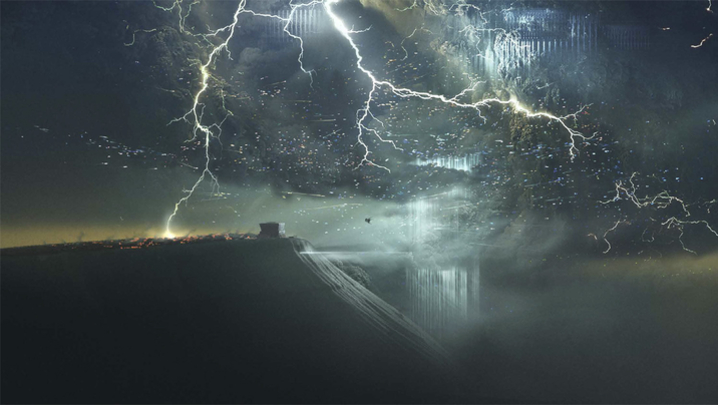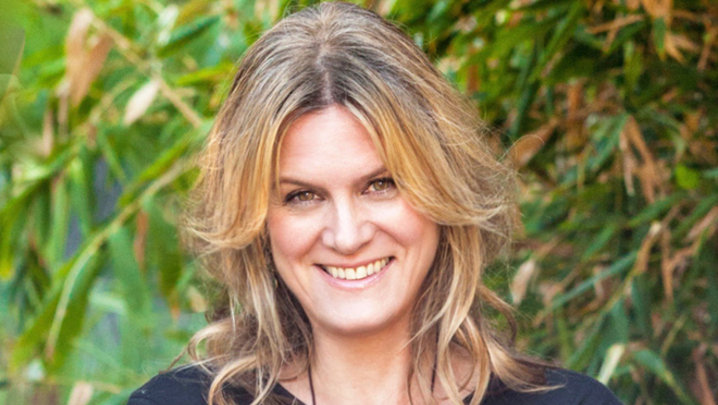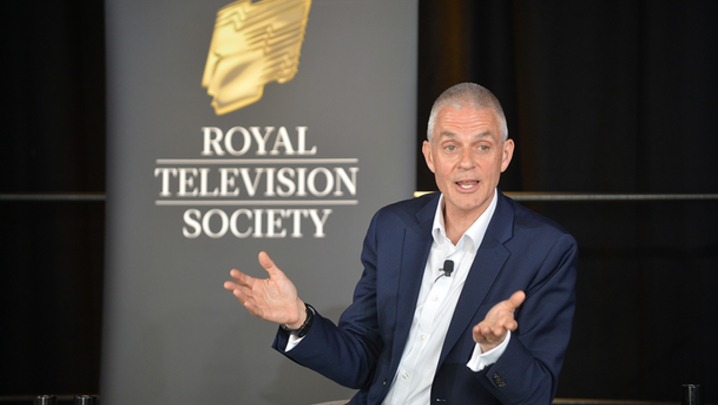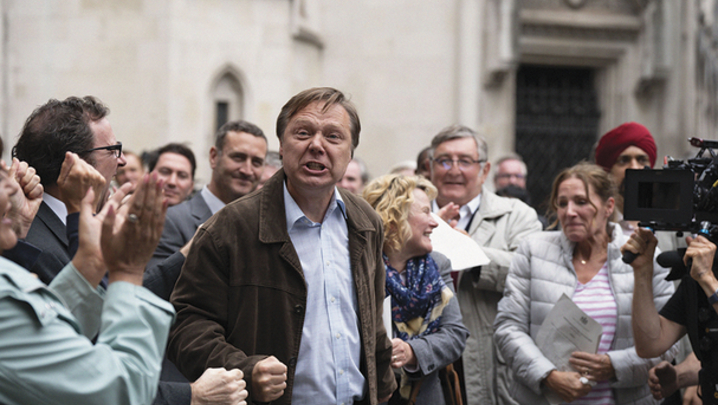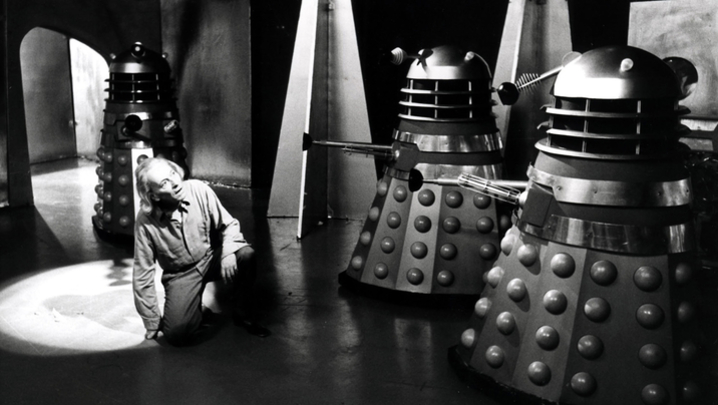Jane Tranter argues that it’s time broadcasters stopped treating Wales as TV’s problem child
Before 2005 and the production of Doctor Who in Cardiff, Wales was always seen by the BBC – including me – as the “problem child”. But, just as with a “problem child” in a classroom, alarmingly, the problem is more often with the teacher/adult than the child; invariably, “problem children” are the most interesting in class and mature into the best of adults.
And so it was with Wales and me. As the BBC’s drama commissioner from 2000 to 2009, what I lacked in the early years was the open-mindedness to see that it was the attitude of the BBC towards Wales that was the problem, not the place itself. All it took was to give Wales a chance.
The experience of filming in Wales the first five seasons of the rebooted Doctor Who was challenging, joyous, creative and productive.
So, too, were the three seasons of the Starz series Da Vinci’s Demons. Julie Gardner and I filmed the show in Swansea but produced it from Los Angeles, where I ran BBC Worldwide Productions.
Success breeds success. As the quality of Welsh crews and the local production community became well known (not to mention the region’s proximity to London, the beautiful beaches, landscapes and food – most of which I have troughed my way through), the increased demand for services resulted in new companies moving into Wales. Consequently, home-grown companies have grown and flourished.
According to the Welsh government, in the past three years drama production was responsible for injecting more than £100m into the Welsh economy.
Sounds like the happy-ever-after ending/job well done we all aspire to? Well, not quite...
The good news is that Wales has become a destination for a booming UK drama industry. However, the less good news is that it has yet to develop the future-proofed capability and capacity to support that demand.
If Wales is to house high-end television productions (such as Bad Wolf’s forthcoming production of His Dark Materials), it urgently needs a clear and coherent plan to keep the industry alive and growing. We will then see a boost to jobs and the economy.
To achieve its full potential, the Welsh government, higher education and further education must work together to develop industry-led funding and training that is inclusive. Finding skills, enthusiasm and talent from all sections of our society and across all ages is vital.
In turn, the public service broadcasters, if they are to continue to benefit from the regions they film in, must take more care and responsibility for their development and sustainability. Planning their commissioning commitments would be a big step forward. The BBC should set out the contents of the service licence for Wales and guarantee hours by genre.
This might sound like an uncreative denial of choice, but it was the strategy that delivered Doctor Who and Torchwood and moved Casualty to its production powerhouse in Cardiff.
To achieve this organically and with excellence, the BBC will need to commit to a Wales-based drama commissioner (as they have in all other nations and regions of the UK). Channel 4 also needs a presence in Wales, just as it has one in Scotland.
If Wales ever was the “problem child”, it is, unquestionably, now the most interesting of adults. My instinct remains that the “problem”, ultimately, resides with its “teachers” (including myself in a past life).
Wales’s issue used to be one of recognition. It has now become an urgent one of sustainability. If public and private resources can draw together and be clear on what Wales needs from its partners and neighbours, its recent rapid growth suggests that it can become the production centre that domestic and international drama producers want and need.
At which point, maybe, it can finally stop feeling it’s a problem to the public service broadcasters – and instead become part of the solution.
Jane Tranter runs Wales-based independent Bad Wolf, which also has offices in Los Angeles.


